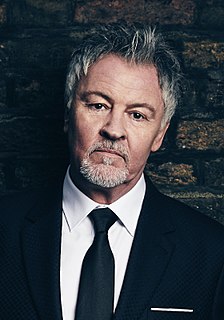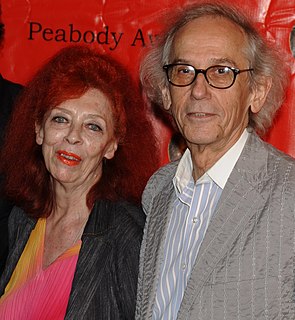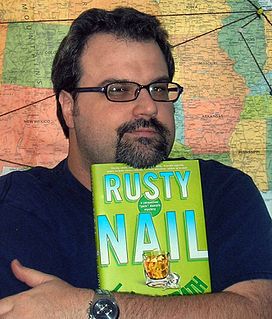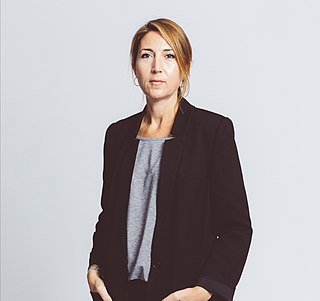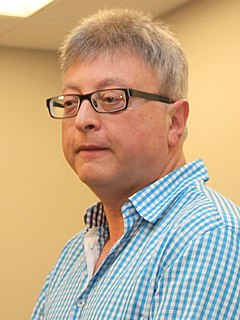A Quote by Walter Isaacson
Let's crowd source, curate, and add royalties to books
Related Quotes
If an open source product gets good enough, we'll simply take it. So the great thing about open source is nobody owns it - a company like Oracle is free to take it for nothing, include it in our products and charge for support, and that's what we'll do. So it is not disruptive at all - you have to find places to add value. Once open source gets good enough, competing with it would be insane. We don't have to fight open source, we have to exploit open source.
The business model - where books can be returned, and where a 50% sell-through is considered acceptable - is archaic and wasteful. Writers get small royalties, little say in how their books are marketed and sold, and simple things like cover and title approval are unheard of unless you're a huge bestseller.
Ben remembered reading about curators in "Wonderstruck", and thought about what id meant to curate your own life, as his dad had done here. What would it be like to pick and choose the objects and stories that would go in your own cabinet? How would Ben curate his own life? And then, thinking about his museum box, and his house, and his books, and the secret room, he realized he'd already begun doing it. Maybe, thought Ben, we are all cabinets of wonders.

